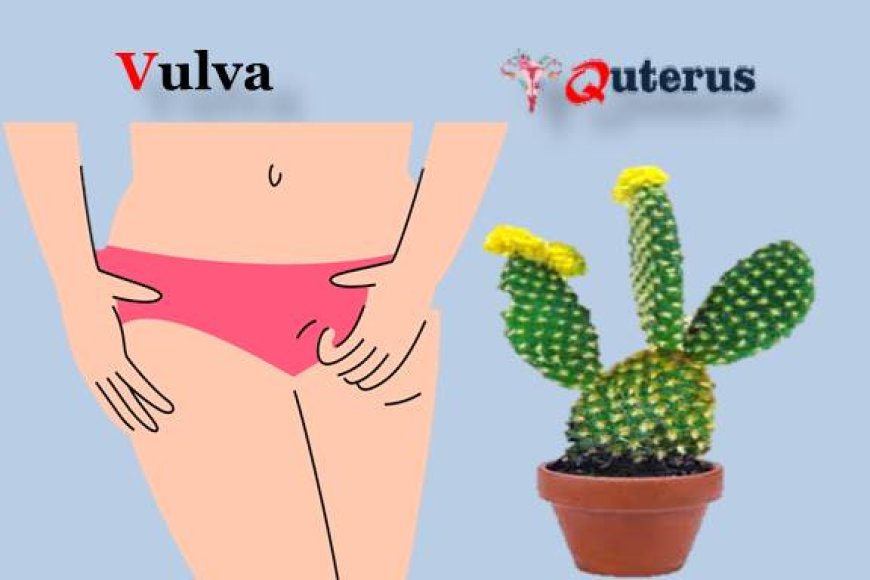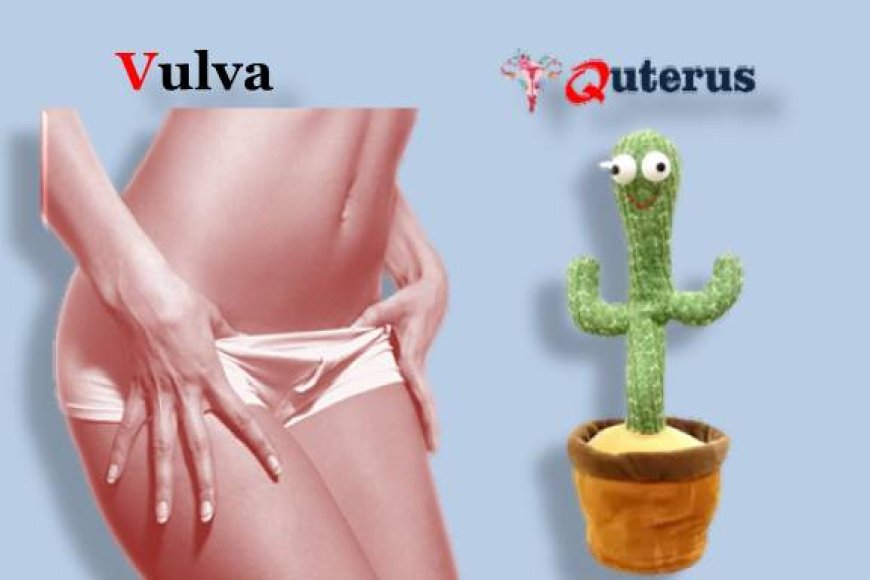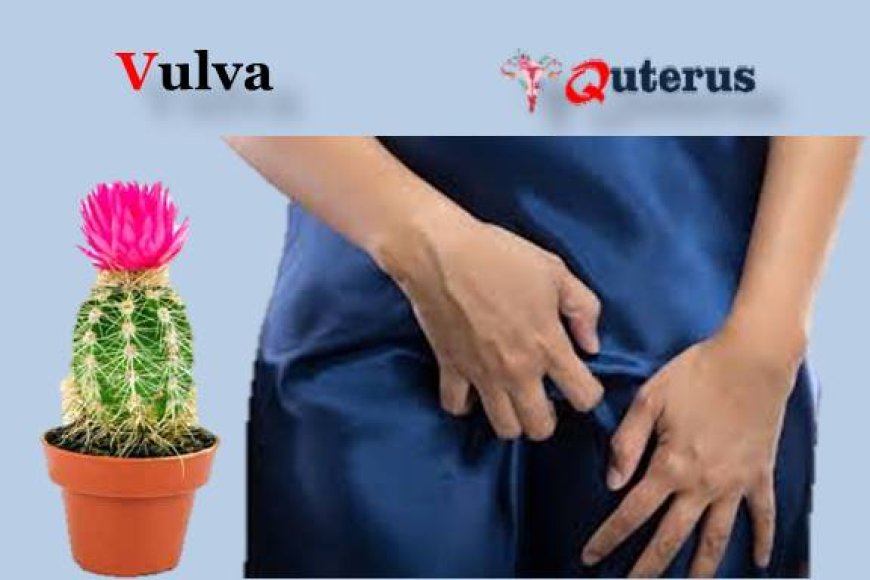Can eczema or psoriasis cause itching on the skin of the vulva?
eczema and psoriasis are chronic skin conditions that can occur in various parts of the body, including the vulva and can cause itching, redness and flaking of the skin.

Can eczema or psoriasis cause itching on the skin of the vulva?
Yes, eczema and psoriasis are chronic skin conditions that can occur in various parts of the body, including the vulva and can cause itching, redness and flaking of the skin.
Eczema is a condition that is commonly associated with dry, itchy patches of skin that may be red or scaly. In vulvar eczema, the skin on the vulva and surrounding area can become inflamed and itchy, which can cause significant discomfort. One of the reasons for vulvar eczema can be the excessive use of scented products, including soaps, lotions, fabric softeners, or harsh detergents.

Psoriasis, on the other hand, is characterized by skin patches that are red, thick, and scaly. These patches can occur in several body areas, including the vulva. The symptoms of vulvar psoriasis often include itching, burning, and irritated skin.
Both eczema and psoriasis can have a significant impact on a person’s quality of life. Treatment for vulvar eczema or psoriasis typically includes topical corticosteroids, anti-itch creams, and moisturizing lotions to alleviate symptoms. Women should also wear loose, breathable clothing and avoid harsh chemicals in the genital area, which can exacerbate symptoms. If symptoms persist despite home treatment, consulting a health care provider is recommended.

Learn from the video also itchy vulva
How to stop vulvar itch?
Vaginal Itching, Burning, Irritation - Don't Ignore These Signs!
Causes & management of itchy clitoris - Dr. Sangeeta Gomes
Natural Home Remedies to Get Rid from Itchy Private Parts |
How to Treat Fungal Infections?

Frequently Asked Questions
Can eczema cause itchy vulva?
Eczema (said 'ex-ma') is an inflammatory skin condition which can make skin red, dry and itchy. It is one of the most common causes of vulvar irritation.
What causes eczema on vulva?
Overview. Vulvar dermatitis happens when the vulva becomes red, painful, and itchy. Dermatitis can be caused by heat or wetness or can be a reaction to scented soaps, powders, creams, toilet paper, spermicides, or clothing.
What conditions cause itchy skin on vulva?
What are some skin disorders that can affect the vulva? Some of the skin disorders that affect the vulva include folliculitis, contact dermatitis, Bartholin gland cysts, lichen simplex chronicus, lichen sclerosus, and lichen planus.
How long does vulvar eczema last?
For example, if caused by irritation from a product or clothing, the symptoms will likely resolve within one to two weeks after removing the irritant. If caused by an infection, symptoms should start to get better within one to two weeks of treatment. However, symptoms could remain for a month or longer.
How do I know if I have vulvar eczema?
Symptoms of Vulvar Dermatitis
Redness and swelling on your vulva. Mild to severe burning or itching on your vulva. A raw feeling from vulvar irritation. A wet or damp feeling from weeping on the irritated skin (you might mistake this for vaginal discharge)
Why is my vulva area extremely itchy?
Vulvitis is common and can result from an allergic reaction, an infection or an injury. Symptoms include itching, redness and swelling in your vulva. You may also have an abnormal vaginal discharge. Vulvitis is often easily cured once you receive the right treatments.

What cream is good for itchy vulva?
Applying a mild (low-strength) corticosteroid cream such as hydrocortisone to the genital area may provide temporary relief. The cream should not be put into the vagina and should be used for only a short period of time. For severe itching, an antihistamine taken by mouth may help temporarily.
Why is my vulva itchy everyday?
Infections might be the cause. You may have bacterial vaginosis, a yeast infection, or an STI. Menopause-related hormonal changes, diabetes, or skin conditions are other possible causes. Or irritation from and allergic reactions to detergents and other products could be at work.
Why is my vulva itchy but no discharge?
There are several potential causes of an itchy vagina or vulva with no discharge. These include razor burn, eczema, and pubic lice. Some home remedies, such as wearing breathable underwear and taking an oatmeal bath, can work to relieve the symptoms.
Why is my vulva itchy overnight?
Vulvar itching, including itching that gets worse at night, is often the result of an allergic reaction or medical condition that will need treatment. People should see a doctor for itching that does not go away after some time or that occurs with other symptoms.
Should I scratch itchy vulva?
No. You should avoid scratching, using wet wipes or spraying warm water to soothe the itch as it causes the skin to dry up, which will make it itchier. Use a moisturizing, non-perfumed soap instead to wash the area and to relieve the itch. Do not wash the vaginal area more than three times a day.
How can I heal the skin on my vulva?
Ointments and creams
1. Do not use over-the-counter creams or ointments until you ask your health care team. Use ointments that are paraben-free and fragrance-free.
2. You may use a skin protectant on your vulva as often as you need. ...
3. It also helps to lower skin irritation during your period and when you pee.
Can vulva itching go away on its own?
Genital itching is when your vagina (birth canal) or the area outside the opening to the vagina (called your vulva) feels scratchy and itchy. Most women have a little genital itching every once in a while that goes away on its own.
Does vulvar itching go away?
If you do not have an infection, the vaginal itching may go away on its own. An allergy to soaps and scented toilet paper can be cured by simply not using these products, particularly near your vagina.
Why is my vulva so itchy for months?
Lichen (LY-kin) simplex chronicus (kro-ni-kus) is a skin condition caused by long term irritation of the vulva. It may cause itching, burning, and/or thickened skin. You may have this for weeks or months. Many doctors call it an "itch-scratch cycle." This happens when the vulvar skin becomes sensitive and irritated.
How common is vulvar itching?
Vulvar and vaginal itching are common and have many potential causes. In many cases, the itching is due to irritation from clothing, menstrual products, or fragrances. Avoiding these triggers can help prevent the itching. In other cases, fungal or bacterial infections may be the cause.

We provide you with authentic, trustworthy and revelant information

Have issue with the content?

Disclaimer
The information given on our website www.uterusq.com is being posted only for the purpose of knowledge and information, before using them, choose them completely and check the correctness with your subject matter expert. We (www.uterusq.com) have no responsibility for any kind of loss.







